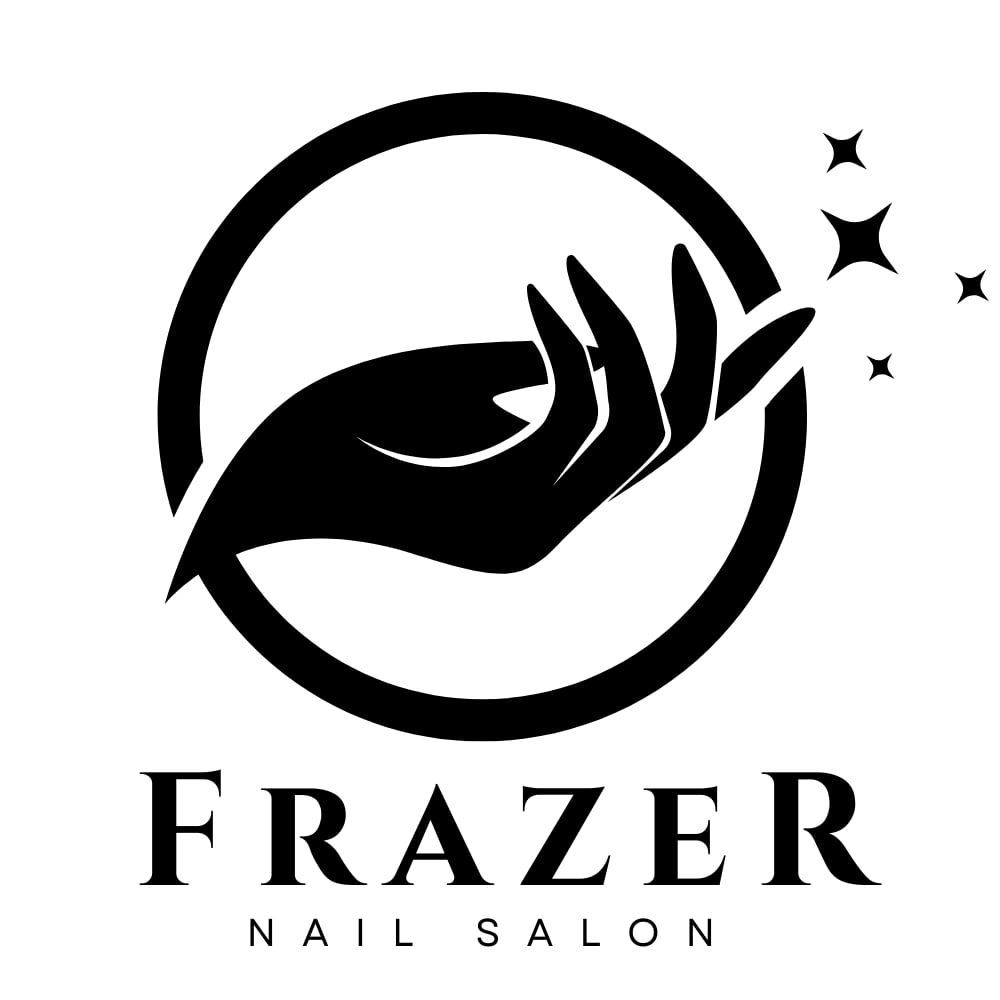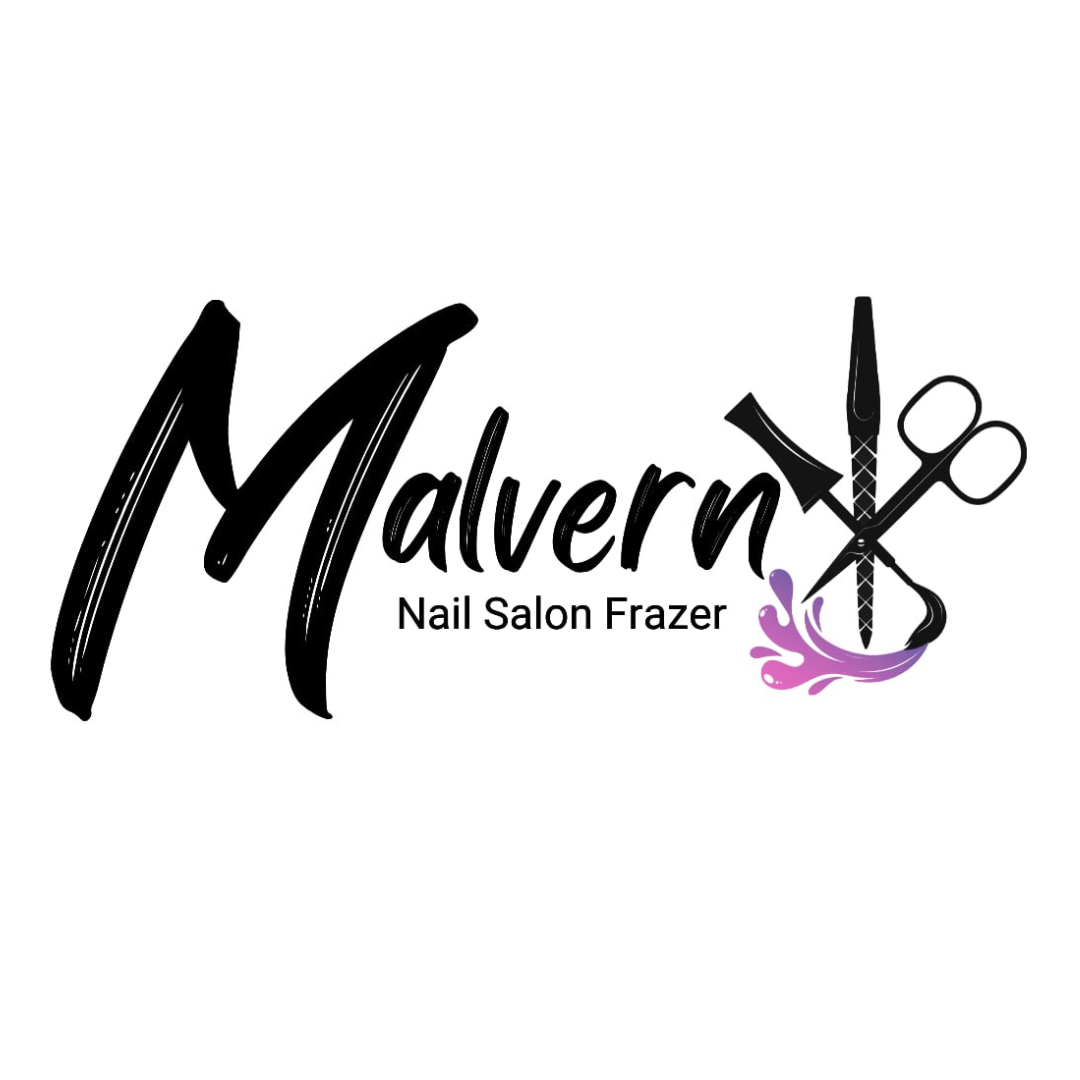Frazer Nail Salon Guide: Safe Acrylic Nails for Allergic Reactions and Skin Sensitivities in Villanova
Acrylic nails have become one of the most popular ways to achieve beautiful, durable, and stylish nails. Whether you're after added length, sleek finishes, or protection for your natural nails, acrylics offer an incredibly versatile solution. However, for individuals with skin sensitivities or allergies, the use of acrylic nails can raise valid concerns.
If you've ever wondered whether acrylic nails are safe for sensitive skin, the answer is yes with the right products, careful application, and personalized care. At Frazer Nail Salon in Villanova, we take your skin health seriously. Our experienced technicians understand how to safely apply acrylic nails while minimizing irritation and using hypoallergenic alternatives when needed.
In this guide, we’ll explain the causes of allergic reactions related to acrylic nails, the symptoms to watch out for, and most importantly, how to prevent and manage them. If you love the look of acrylics but have concerns about allergies, this article is your go-to resource for safe, stylish nail enhancements.
Common Allergens Found in Acrylic Nail Products
Acrylic nails are created by combining a liquid monomer and a powder polymer to form a strong and sculptable nail enhancement. While the final product is typically stable, some ingredients used in the process may cause reactions for people with sensitive skin or allergies.
Here are some of the most common allergens in acrylic nail products:
Methacrylate Compounds
These are essential components in the monomer and bonding process. However, methacrylate is a known allergen and can cause contact dermatitis in individuals who are sensitive.
Formaldehyde
Though not as commonly used today, some formulations may still contain traces of formaldehyde, which can trigger allergic responses like skin irritation or breathing discomfort.
Benzoyl Peroxide
Used in small amounts to help polymerize acrylics, benzoyl peroxide can irritate sensitive skin in some individuals, though it is generally considered safe.
Signs You Might Be Allergic to Acrylic Nails
Not all reactions happen immediately. Some people may notice symptoms after repeated exposure. If you're experiencing any of the following symptoms after getting acrylic nails, it's essential to seek advice from a professional at Frazer Nail Salon in Villanova or your dermatologist:
Redness and Itching
Red, inflamed skin around the cuticles or nail bed is often a sign of irritation or contact dermatitis. Mild itching may develop into a rash if not treated early.
Burning or Stinging Sensations
If you experience a hot or tingling feeling on or around the nail after your appointment, it may indicate an allergic reaction to the chemicals used.
Rashes or Hives
Raised bumps or red patches that spread around your fingers or hands could be signs of an immune system response to allergens found in nail products.
Blistering or Sore Skin
In more severe cases, blisters, peeling skin, or open sores can develop. This is more common in individuals with a strong sensitivity to methacrylates.
Lifting or Separation of the Nail
If the acrylic begins to lift or detach from the natural nail, it may be a result of inflammation or sensitivity weakening the bond between the nail and product.
What to Do If You Experience a Reaction
If you suspect you’re having an allergic reaction to your acrylic nails, it’s important to take quick action to prevent further irritation or long-term damage.
1. Remove the Acrylic Nails Immediately
Removing the acrylics is the first step toward relieving your skin. Do not try to peel or force them off. At Frazer Nail Salon in Villanova, we use a gentle soak-off process to safely remove acrylic nails without damaging the skin or nail bed.
2. Cleanse and Soothe the Area
Gently wash the affected area with mild soap and lukewarm water. Avoid any harsh scrubs or products with alcohol. After rinsing, apply soothing products like aloe vera gel or vitamin E oil to help reduce inflammation and restore moisture.
3. Apply Cortisone or Anti-Itch Cream
Over-the-counter hydrocortisone cream can help relieve itching and redness. Apply a thin layer and avoid scratching the area to prevent further irritation.
4. Seek Medical Help for Severe Reactions
If you notice persistent swelling, open sores, or blistering, it's important to consult a dermatologist. They may recommend prescription treatments or allergy testing.
5. Pause Acrylic Nail Use
Give your skin time to heal before considering another nail enhancement. Our technicians at Frazer Nail Salon in Villanova can guide you through safe alternatives that will not compromise your skin health.
How to Prevent Acrylic Nail Allergies
Preventing allergic reactions starts with proactive care. Here are several steps you can take before your appointment:
Choose Hypoallergenic Products
At Frazer Nail Salon in Villanova, we use high-quality, skin-friendly acrylic products that minimize the risk of irritation. If you have known allergies or sensitivities, let us know in advance so we can tailor your service using hypoallergenic formulas free of formaldehyde and methacrylates.
Ask for a Patch Test
Before applying a full set, we can conduct a patch test by applying a small amount of product to your inner wrist or behind your ear. If there’s no reaction after 24–48 hours, it's generally safe to proceed.
Avoid Skin Contact During Application
Proper technique is key to preventing allergies. Our nail techs ensure that acrylic does not touch the surrounding skin, reducing the risk of allergic dermatitis.
Limit Exposure to Harsh Chemicals at Home
If you already have sensitive skin, avoid using strong household cleaners or acetone-based removers at home, which can worsen irritation.
Safer Alternatives to Acrylic Nails
If you're highly sensitive or have had prior reactions to acrylic nails, don’t worry—there are beautiful, low-risk alternatives available at Frazer Nail Salon in Villanova.
Gel Nails
Gel nails offer a similar glossy, long-lasting finish with fewer harsh chemicals. Many sensitive clients find them to be a gentler alternative to acrylics.
Dip Powder Nails
This method uses a bonding resin instead of liquid monomer and has fewer fumes and allergens. Dip powder nails are strong, flexible, and less likely to cause irritation.
Silk or Fiberglass Wraps
These delicate wraps use a thin layer of silk or fiberglass and resin to reinforce the natural nail. They’re ideal for those looking for a lightweight and hypoallergenic enhancement.
Press-On Nails
For an easy, chemical-free option, press-on nails can provide stylish results without the use of adhesives or monomers. They’re perfect for short-term wear or special occasions.
Final Thoughts
Acrylic nails are loved for their style, durability, and versatility—but for people with skin sensitivities or allergies, caution is key. At Frazer Nail Salon in Villanova, we offer personalized consultations and allergy-conscious nail services to ensure your beauty routine doesn’t compromise your skin health.
By understanding the ingredients used in nail products, watching out for symptoms of irritation, and choosing safer options, you can still enjoy beautiful nails without the discomfort. Our team is here to help guide you through the process and ensure your nails remain a safe and stylish part of your self-care.
If you're sensitive to acrylic products but still want gorgeous nails, book a consultation at Frazer Nail Salon in Villanova today. We’ll help you choose the right solution customized just for you.

